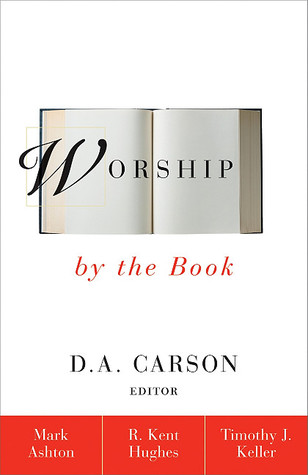A “Bonus” Chapter Summary from Books At a Glance
by Steve West
Preparing a theology of worship is a difficult, nuanced task. Currently, in the West, worship music, styles, and service components generate debate and division. Cultural, historical, and pastoral sensitivity is required to navigate these issues. There are so many options available today that people can find whatever style they prefer for church services. The word worship means a variety of things to many different people—this makes discussion even more difficult. Approaching the issue mainly from the perspective of systematic theology may yield different perspectives than approaching it from biblical theology. Great care needs to be exercised to hear what Scripture says.
The English word worship refers to giving proper honor to those who deserve it. It is used to translate a number of Greek and Hebrew words. When we turn to books and articles, there is an enormous range of them from a number of different perspectives and with many different specific focuses. When we look too narrowly at one part of Scripture, or one theme that involves worship, our final conclusions can be distorted. Worship is not restricted to human beings: angels also ascribe worth to God. It is the proper response of all sentient beings (and not simply because of the gospel—angels are not redeemed, and God is intrinsically worthy of praise). God is delightfully worthy, and he is to be the object of our worship. The focus must be on God rather than our means of worshiping him, or our emotions. Songs should set forth the majesty and glory of God. We are to delight in God, not delight merely in the experience of worshiping him. . . .
[To continue reading this summary, please see below....]The remainder of this article is premium content. Become a member to continue reading.
Already have an account? Sign In
